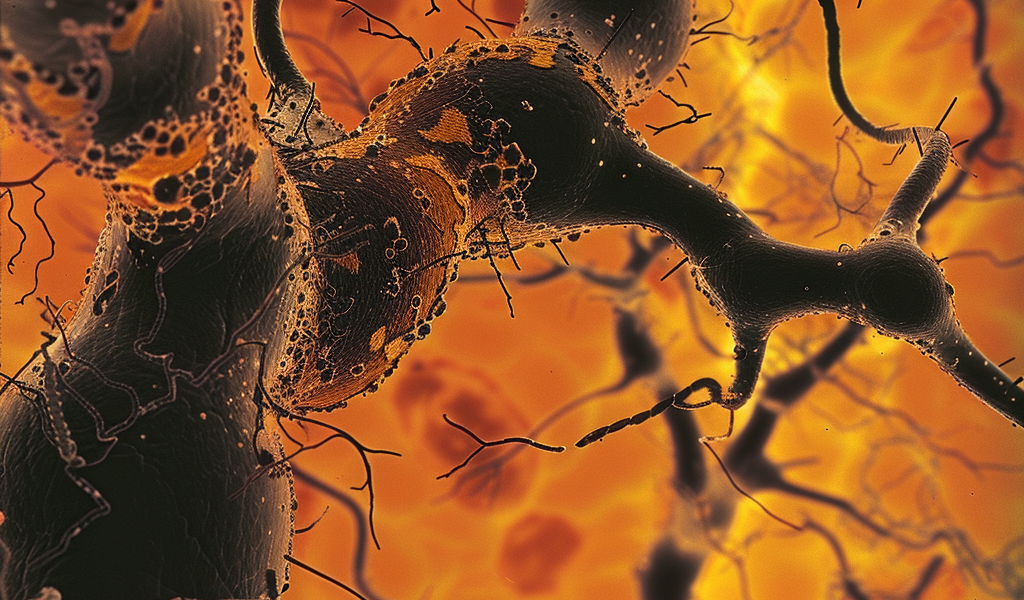Recent advancements in the understanding and treatment of Alzheimer’s disease have led to revised criteria for its diagnosis and staging. The focus on targeting amyloid-β plaques and utilizing biomarkers for in vivo diagnosis has prompted significant changes in the approach to managing this challenging condition.
Alzheimer’s disease, a progressive neurodegenerative disorder, has long been a significant health concern, particularly in aging populations. The identification of amyloid-β plaques as a key pathological feature of the disease has opened up new avenues for therapeutic intervention. By targeting these plaques, researchers and healthcare professionals aim to slow down or even reverse the progression of Alzheimer’s.
Furthermore, the use of biomarkers for the diagnosis of Alzheimer’s disease has revolutionized the way clinicians approach the condition. By detecting specific biological markers in the body, such as proteins or other substances, it is now possible to diagnose Alzheimer’s disease in living patients. This advancement allows for earlier detection and intervention, potentially improving outcomes for individuals affected by the disease.
The revised criteria for the diagnosis and staging of Alzheimer’s disease take into account these recent developments in research and clinical practice. By incorporating the latest knowledge on amyloid-β plaques and biomarkers, the updated criteria aim to provide more accurate and timely diagnoses, ultimately leading to better management of the disease.
Patients and caregivers alike stand to benefit from these advancements in Alzheimer’s research. With improved diagnostic tools and targeted treatment strategies, individuals living with Alzheimer’s disease may experience enhanced quality of life and potentially slower disease progression.
As the field of Alzheimer’s research continues to evolve, it is crucial for healthcare providers and researchers to stay informed about the latest developments. By remaining up-to-date on emerging therapies, diagnostic tools, and criteria for disease management, professionals can offer the best possible care to individuals affected by Alzheimer’s disease.





